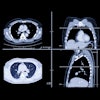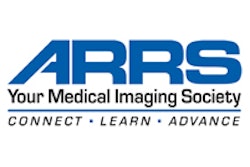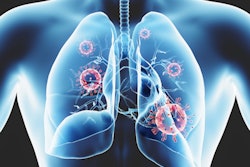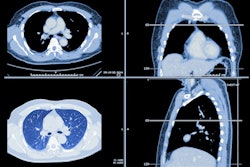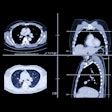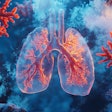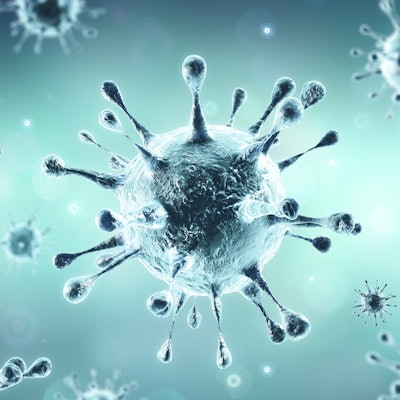
The COVID-19 pandemic had a greater negative effect on poorer communities, according to research presented at the American Roentgen Ray Society (ARRS) meeting in New Orleans.
A team led by Dr. Ali Farhat of Albert Einstein College of Medicine in New York reviewed charts from between March 2020 and June 2021 for 2,537 patients; of these, 9%, or 231, were diagnosed with COVID-19 infection via positive SARS-CoV-2 polymerase chain reaction (PCR) or positive antibody test. The team also tracked incidents of hospitalization and any COVID-19-related deaths.
The group found that 9% of patients reporting to Albert Einstein's lung cancer screening program developed COVID-19 during the first 16 months of the pandemic. Of these, almost a third were hospitalized; mortality rate was 6.9%, and was associated with multiple comorbidities, the team noted.
Of those who contracted COVID-19 infection, patients of color had higher percentages than their white counterparts, the group found. The team noted the following breakdown by ethnicity:
- Latinx: 45.5%
- Black: 20.3%
- White: 16%
- Other: 18.2%
"The COVID-19 pandemic disproportionately affected inhabitants of underserved communities," Farhat and colleagues concluded.





